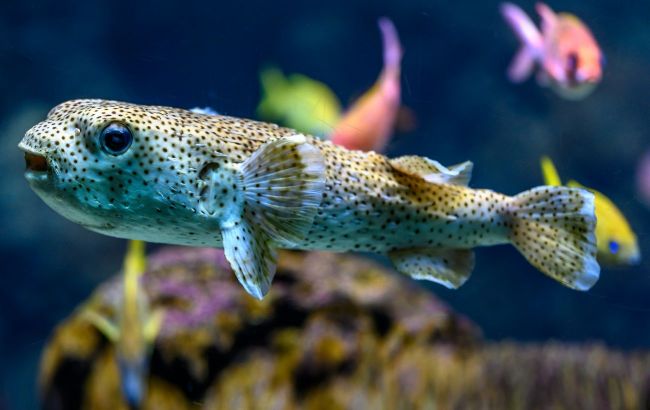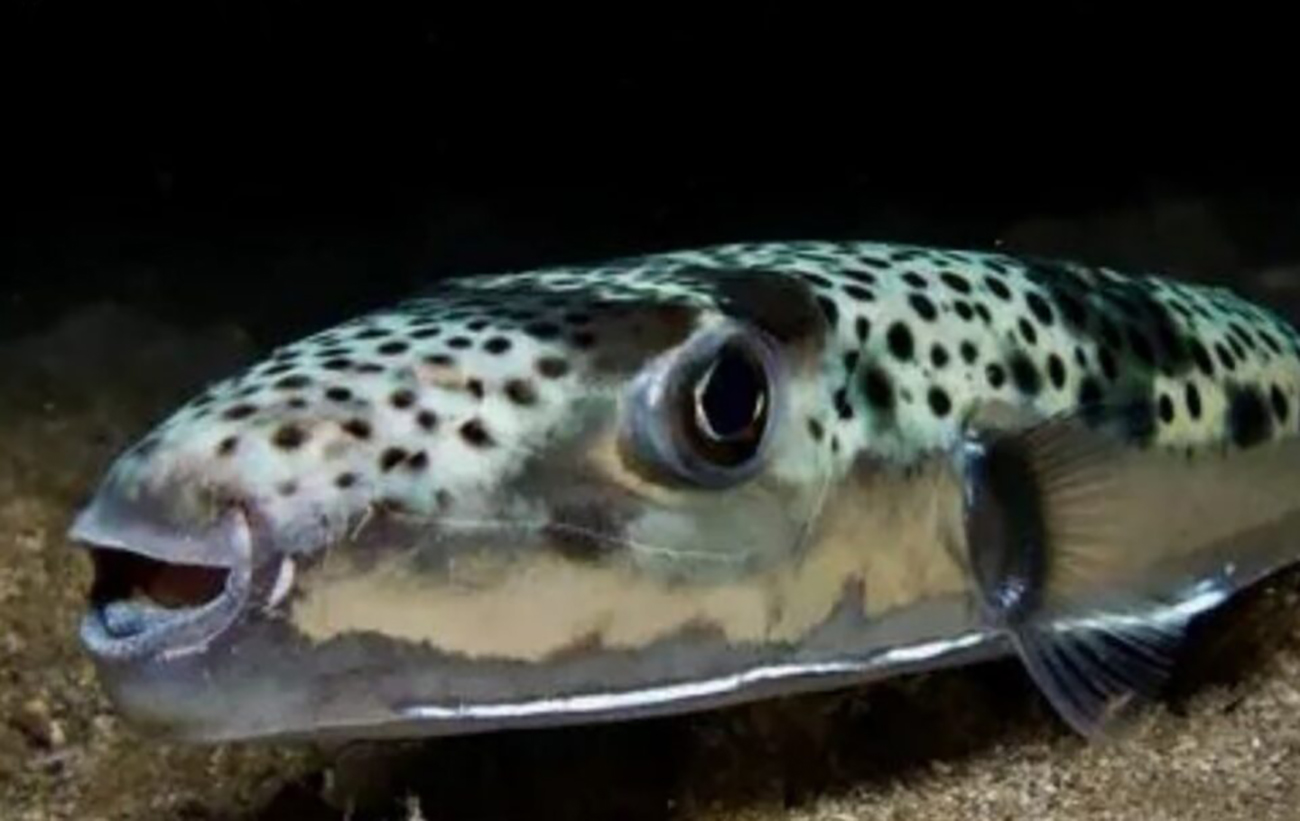Tropical danger in Black Sea - This toxic fish can kill, here's how to recognize it
 Poisonous tropical fish spotted in the Black Sea (Getty Images)
Poisonous tropical fish spotted in the Black Sea (Getty Images)
A dangerous invasive predator, the silver-cheeked toadfish (Lagocephalus sceleratus), also known as the pufferfish, has been detected in the waters of the Black Sea, reports the State Environmental Inspectorate of the South-Western District.
This tropical species, which entered the Black Sea through the Suez Canal from the Indo-Pacific region, contains an extremely toxic substance—tetrodotoxin. Even a small amount can cause paralysis and death if consumed.
Why this fish is dangerous
The pufferfish is dangerous due to the following characteristics:
- its toxin affects the human nervous system
- its powerful jaws damage fishing nets, lines, and catches
- it displaces local species of fish and mollusks
- it poses a threat to biodiversity, fisheries, and food security
The first reports of this predator near Ukrainian shores date back to 2014. Due to climate change, the toadfish has the potential to further spread in the Black Sea, increasing the threat.
 Silver-cheeked toadfish in the Black Sea (facebook.com/sw.dei)
Silver-cheeked toadfish in the Black Sea (facebook.com/sw.dei)
What to do if you see silver-cheeked toadfish
If you spot this dangerous fish, you should:
- take a photo or video with a scale reference (hand, ruler)
- record the coordinates or exact location
- notify the State Environmental Inspectorate
Environmentalists urge people to be extremely cautious and avoid consuming unfamiliar sea creatures.
Earlier, we wrote that due to hostilities, explosions, sunken ships, and the Kakhovka dam disaster, the sea had suffered from oil pollution, loss of salinity, and hypoxia. Rising water temperatures worsen the problem by bringing bunker oil up from the seabed. Scientists warn that the consequences could be long-term.
We also reported that after the destruction of the Kakhovka Hydroelectric Power Plant in 2023, the northwestern Black Sea suffered a significant blow: freshwater from the Dnipro changed the salinity, mollusks and crustaceans died, and chemical pollution led to an increase in phytoplankton. Mussel populations have almost recovered, but changes in the composition of marine species continue.

